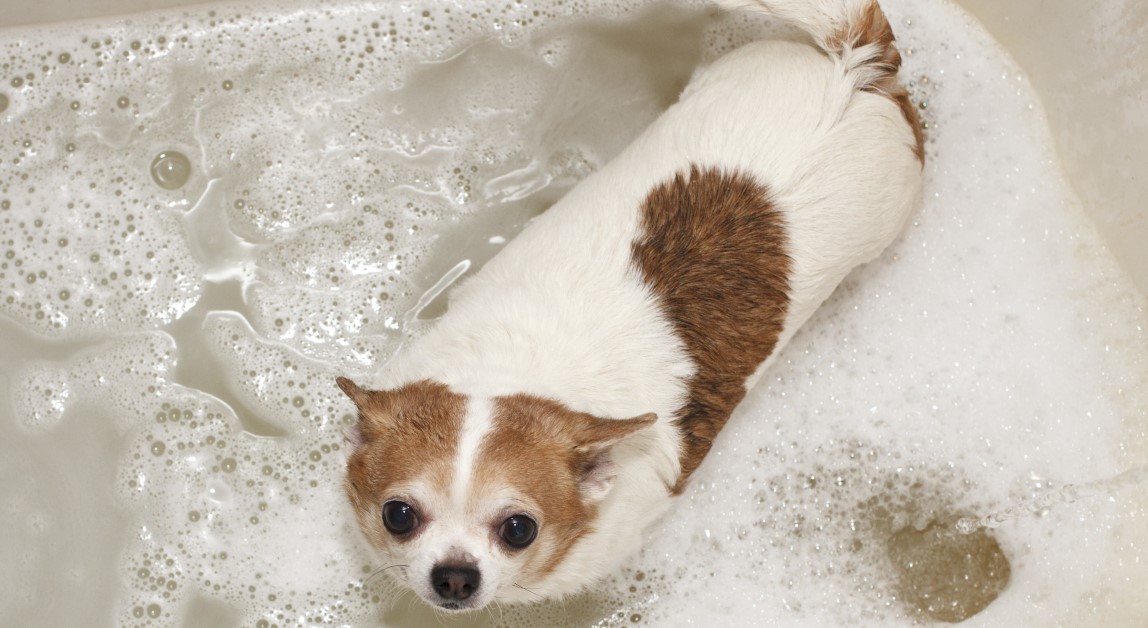Ask Dr. Jenn: Why is my cat crying?
My cat suddenly started yowling and crying all night. He is fourteen years old and has never done this before. Why is he doing this and how can I stop him? He is keeping the whole house up all night!
I understand how frustrating this can be. Nothing breaks the bond between you and your beloved kitty faster than his constant cries keeping you up all night. Before you can change this behavior, you need to know the underlying cause.
Cats cry for a number of different reasons. The most common cause is reproductive. A female in heat will cry and moan to attract a mate. A male cat will cry in response to her with the same cries. Because your cat is fourteen and just started doing this, I am going to make the assumption he is neutered and has no interest in letting the female cats in the neighborhood know he exists.
If your senior cat is spayed or neutered and suddenly starts making noises in the middle of the night, a trip to your family veterinarian is in order. Your veterinarian will look for a medical reason for this change in behavior.
There are many medical causes that can lead to your kitty moaning at night. Hyperthyroidism is probably the most common cause. Hyperthyroidism is a disease in older cats in which the thyroid gland produces an excess amount of thyroid hormones. This causes your cat’s metabolism to speed up, leading to a rapid heart rate, weight loss, and restlessness. The restlessness may manifest as overgrooming, pacing, or excessive vocalization.
Another common cause may be arthritis. Cats are very good at hiding pain and their lameness issues are much more subtle than our canine friends. Despite this, they may be suffering from chronic pain and arthritis in their hips, knees, elbows, or back. As it progresses, it may reach the point where they let you know by vocalizing. You may notice your kitty sleeping more, no longer jumping on the furniture like he used to, or no longer tolerating being petted.
Senior cats are also more likely to have high blood pressure. Measuring blood pressure in a cat can be very challenging and not every vet has the equipment to accurately measure a cat’s blood pressure. High blood pressure can cause sudden blindness, confusion, and blood clots, all of which may lead to your cat crying at night. Medical conditions that lead to high blood pressure include kidney disease, hyperthyroidism, and heart disease.
Urinary issues can also cause vocalization. A cat’s “stress organ” is the bladder – meaning when he becomes stressed or afraid, the bladder the stress hormones congregate in the bladder. The bladder wall becomes inflamed and painful. Also, as cats age, their immune system weakens, and they are more likely to develop urinary tract infections. In addition to crying, other signs of urinary disorders include frequent trips to the litterbox or avoiding the litterbox all together. My kitty once politely told me she had a urinary tract infection by peeing on my pillow.
If medical causes for your cat’s crying have been excluded, it may be a behavioral problem. As cats age, there can be changes in their brains, leading to cognitive changes. This is similar to dementia in people. In cats, the most common way they show this confusion is by wandering around and crying. Your veterinarian may be able to recommend a supplement, food, or medication that can help reduce anxiety and confusion in your kitty.
Nothing can ruin the bond between you and your cat quicker than him keeping you up all night. Your veterinarian can help figure out what is causing the behavior and help you figure out the best way to change this behavior. Hopefully you and your senior kitty will soon be well rested and best friends again.
Ready to start saving money on pet wellness care?
Then take a look at Mint Wellness, the pet wellness plan that provides fast reimbursement on routine pet care. Save on vaccinations, wellness exams, preventatives, dental, and more!
Learn More


